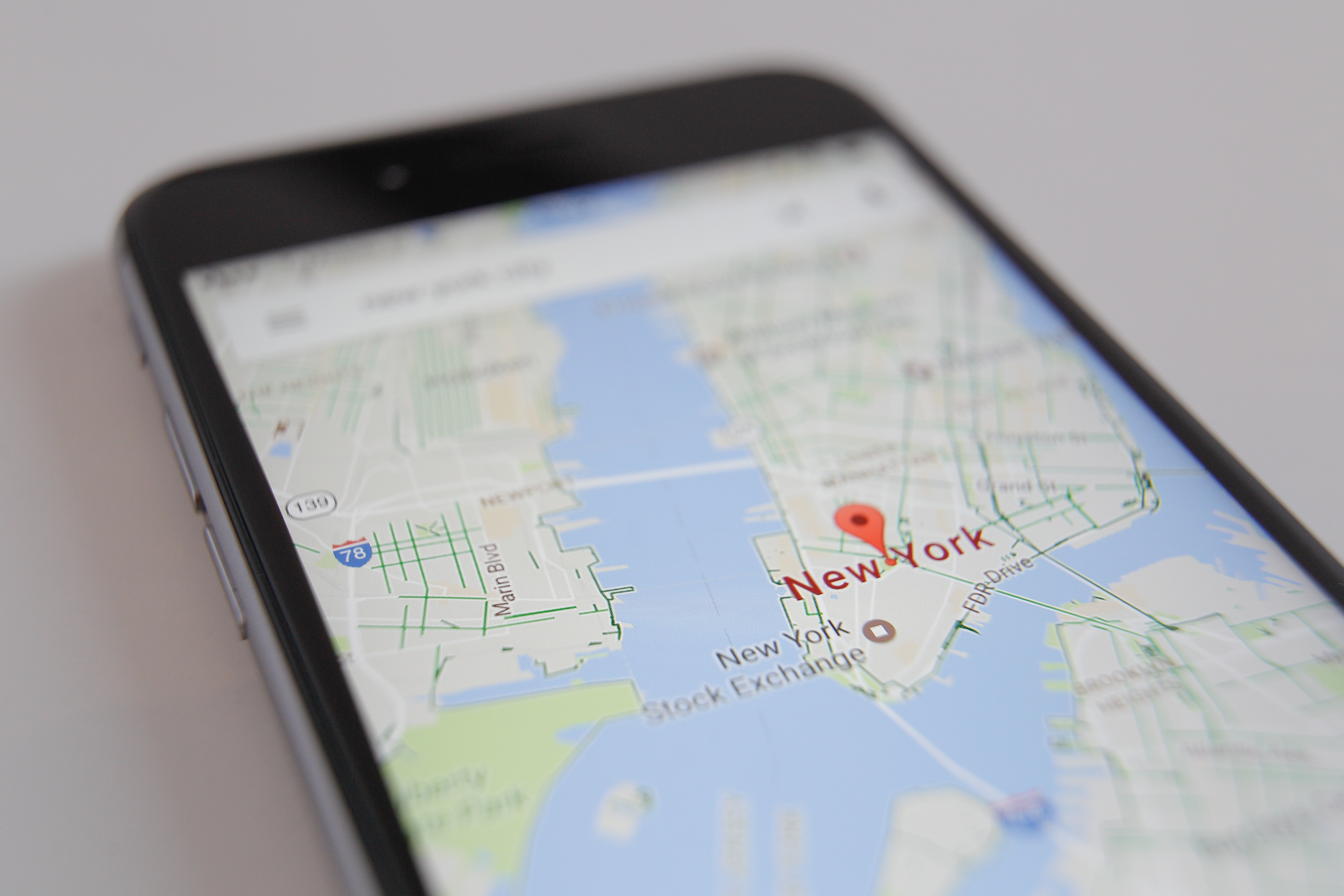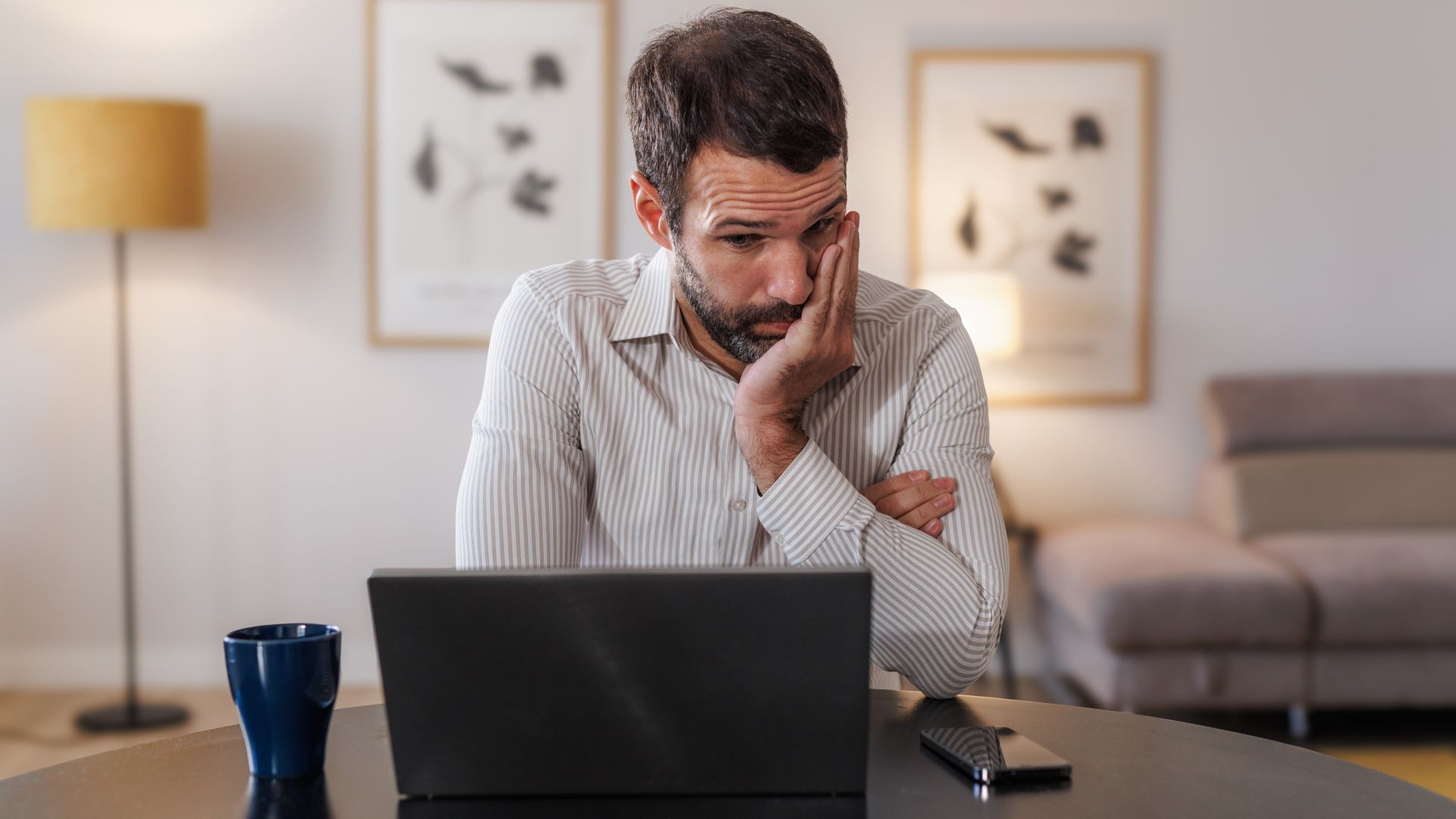Coronavirus tracking: Your phone's location data may be used to fight pandemic
Coronavirus spread could be slowed by sharing location data

Government officials and health experts are in talks with tech giants about how access to American's phone location data could help contain the spread of the COVID-19 novel coronavirus.
Google and Facebook are among the companies exploring potential uses for aggregated location data in the current climate, where stopping the coronavirus pandemic has become the country's lead priority. This includes knowing where people could show if they're listening to social distancing suggestions or shelter-in-place orders put in place to suppress the outbreak.
- Everything you need to know about coronavirus drive-through testing
- Where to buy Clorox wipes
- Just in: Netflix and YouTube may be forced to reduce stream quality due to heavy use
Google confirmed to The Washington Post that it's "exploring ways that aggregated anonymized location information could help in the fight against COVID-19." Data from Google Maps, for example, offers insight on when grocery stores are crowding or if groups of people are gathering elsewhere.
Although spokesman told the Post a partnership with government “would not involve sharing data about any individual’s location, movement, or contacts,” there are suggestions that users with confirmed cases be tagged.
While the user's personal information would be concealed, there are obvious concerns. The identity of an infected individual could be inferred by those within a community, heightening panic and exasperating the social isolation measures currently in place.
Answering to privacy concerns in a live stream on earlier this week, Facebook CEO Mark Zuckerberg said, "We are not aware of any active conversations or asks with the U.S. or other governments at this point asking for access to the data directly."
It's worth noting that Facebook has published disaster maps created with aggregated user location data in the past. During the 2018 California wildfires, Facebook released maps tracking user movements as the infernos spread.
Sign up to get the BEST of Tom's Guide direct to your inbox.
Get instant access to breaking news, the hottest reviews, great deals and helpful tips.
In the case of the coronavirus, which is nearing 10,000 cases in the US, Facebook data could help measure social distancing in infection epicenters like California, Seattle and New York. With this information, officials could determine whether containment recommendations need to become orders.
Privacy concerns: Should the government have our location?
People are generally opposed to tech companies storing and sharing location data. Although coronavirus-related talks promise anonymity, there's obvious concern about this kind of relationship opening the door to an entirely exposed society.
Right now it's unidentifiable dots on map, but soon the government could ask to tag personal information to each blip.
The Electronic Frontier Foundation, a longtime advocate against government surveillance, thinks people are correct to be skeptical, but such measures are warranted in present day.
"In the digital world as in the physical world, public policy must reflect a balance between collective good and civil liberties in order to protect the health and safety of our society from communicable disease outbreaks," the EFF wrote in a statement addressing coronavirus containment tools built on big data.
Because there is historical precedent for measures such as these to extend beyond times of need, the EFF calls for an expiration date and transparency surrounding location sharing. It also supports due process, meaning a person can challenge the government if it attempts to enforce a mandatory quarantine based on data pulled from tech companies.
What you can do
If you're concerned about tech companies sharing your location data, you can turn off all your location tracking settings on Facebook and Google.
Go to "location access" in your Facebook privacy settings on your Facebook mobile app to toggle your device settings. And here's how to deactivate Google location history on your account.
Apple told CNN it is not included in government discussions to share location data amid the coronavirus outbreak.
These conversations about location data conversations are the latest in a series of related exchanges between tech leaders and the government. Officials are enlisting these companies to combat the spread of misinformation, as well as ease the population's transition to conducting daily life online.
Kate Kozuch is the managing editor of social and video at Tom’s Guide. She writes about smartwatches, TVs, audio devices, and some cooking appliances, too. Kate appears on Fox News to talk tech trends and runs the Tom's Guide TikTok account, which you should be following if you don't already. When she’s not filming tech videos, you can find her taking up a new sport, mastering the NYT Crossword or channeling her inner celebrity chef.
-
Natleumas Why does the government need the location of data. Why can't the government provide the Google account of the person that is infected, Google could then notify those that were in the same area and time telling them that they recently came across someone that is of a confirmed case. It will simplify contact tracing.Reply

